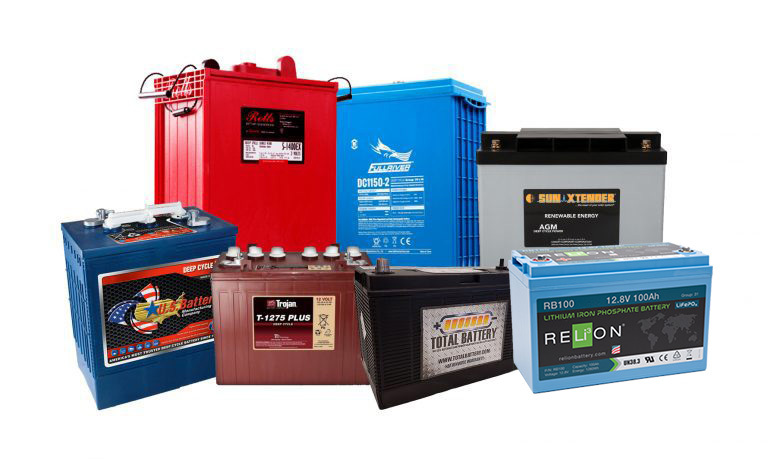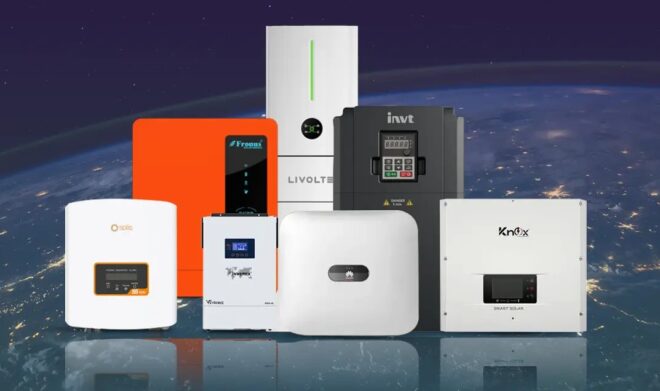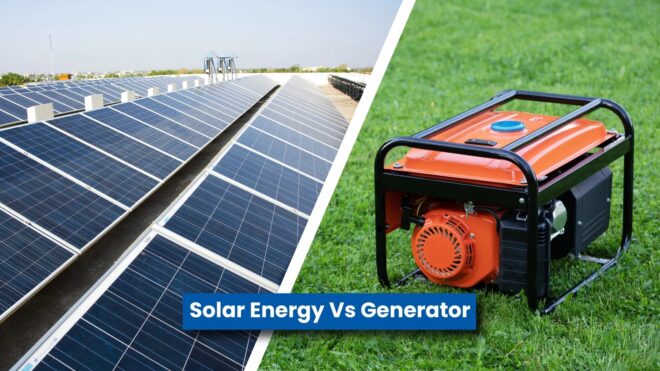Introduction
Choosing the right solar battery is one of the most important decisions when setting up a reliable solar energy system in Nigeria. With frequent power outages and growing demand for clean energy, solar batteries help store excess energy for use when the sun isn’t shining.
What are the things to consider?
1. Understand Your Power Needs
Start by calculating your daily energy consumption. Consider essential appliances—lights, TVs, fans, fridges, routers—and their total wattage. Multiply by the number of hours used per day to get your kWh requirement.
2. Know the Battery Types
The two most common solar batteries in Nigeria are:
-
Lead-Acid (Tubular/SMF) – More affordable, widely used, but lower life span.
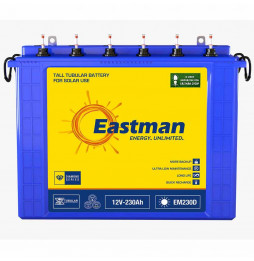
-
Lithium-Ion – More expensive upfront, but higher energy density, faster charging, and longer lifespan.
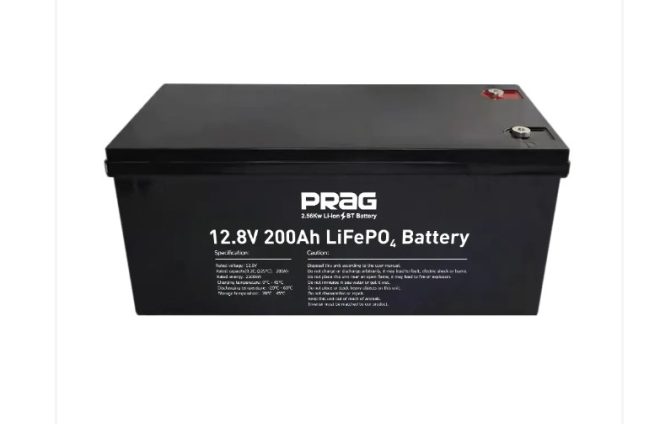
3. Consider Battery Capacity
Battery capacity is measured in Amp-hours (Ah). A 200Ah battery at 12V stores about 2.4kWh of energy. Depending on your daily usage, you may need one or more batteries.
4. Depth of Discharge (DoD)
DoD refers to how much of the battery’s energy can be used without shortening its lifespan. Lithium batteries usually allow up to 90% DoD, while lead-acid allows about 50%.
5. Compatibility with Inverters and Panels
Ensure your battery is compatible with your solar inverter and charge controller. Some modern batteries come with built-in battery management systems (BMS).
6. Budget and Brand Reputation
Buy from a trusted supplier like Voltxcore, and avoid cheap, unbranded batteries that fail quickly. Always check warranty terms (minimum 1–3 years is ideal).
Conclusion
Choosing the right solar battery involves balancing performance, cost, and compatibility.
Need help selecting the perfect match for your home? Contact Voltxcore for expert support and nationwide delivery.

